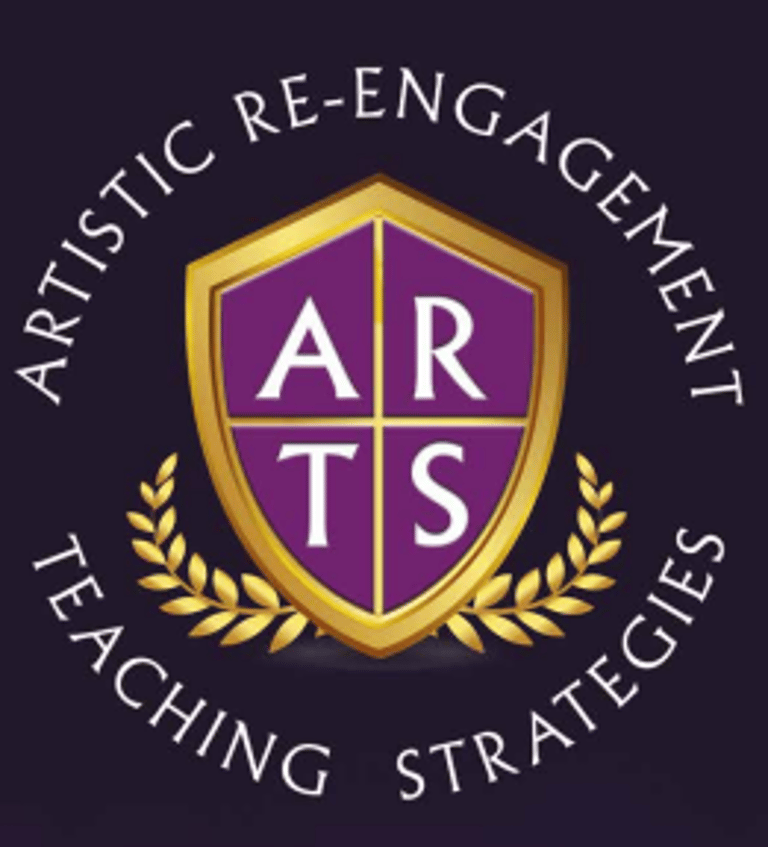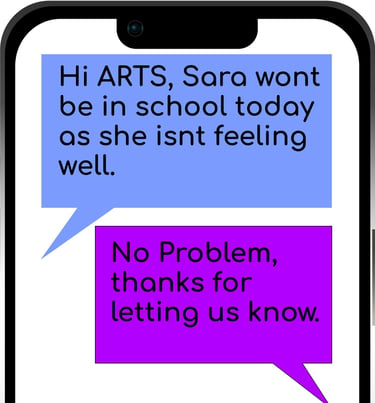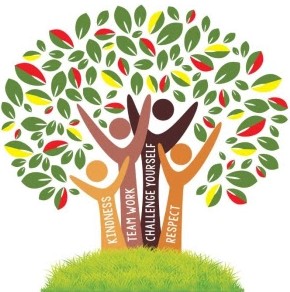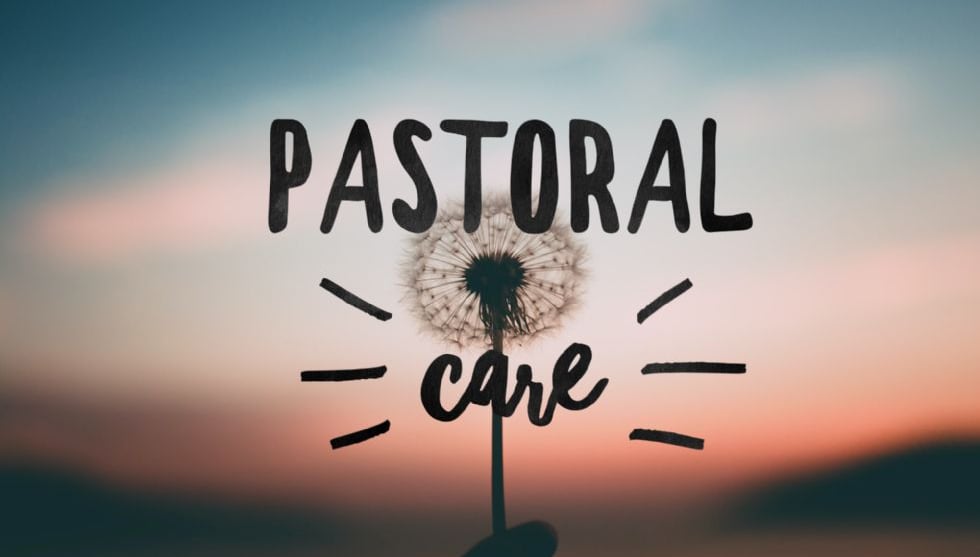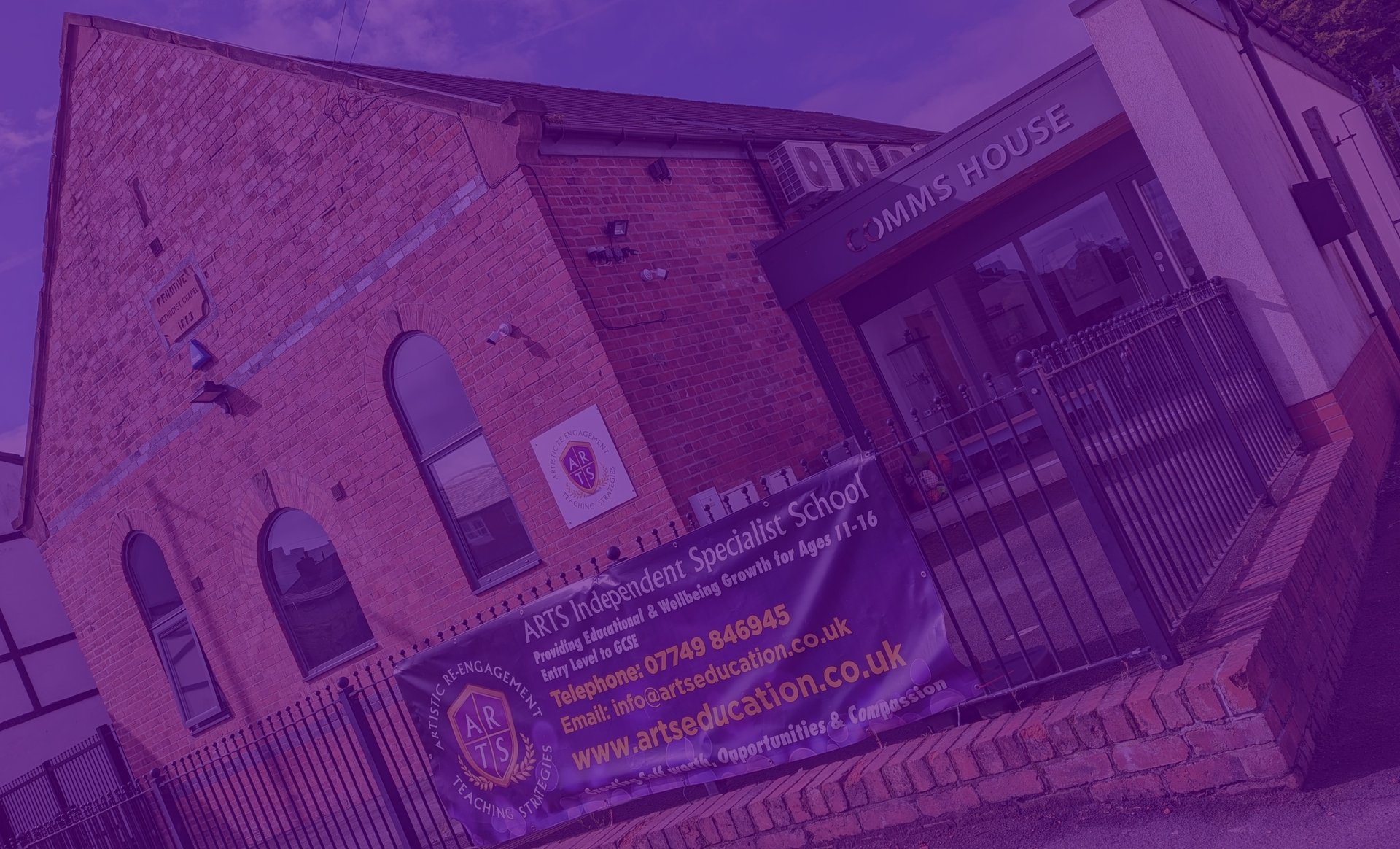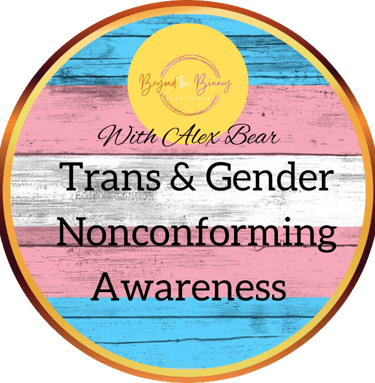
Pastoral - focusing on
Self Worth, Opportunities & Compassion
Our Pastoral Approach
We believe that building strong positive relationships with our students and their families is key to success. By forming these strong relationships we are able to listen to, include and act upon the thoughts and wishes of our students and families allowing us to achieve our core values of SELF WORTH, OPPORTUNITIES and COMPASSION.
We focus on what the individual young person can achieve, through a personalised approach, and their successes are celebrated at every opportunity















Physiological needs - these are biological requirements for human survival, e.g. air, food, drink, shelter, clothing, warmth, relationships, sleep.
If these needs are not satisfied we cannot function and everything else becomes secondary until these needs are met.
Human Need
How ARTS meets the Need
Physiological needs - Each morning our pupils will be met will a welcoming breakfast and a chance to catch up. This will allow staff to informally assess 'is this young person ready for learning'?
If we do not believe they are ready to enter the class we can put immediate intervention in place.
Safety needs - once an individual’s physiological needs are satisfied, the needs for security and safety are next. People want to experience order, predictability and control in their lives.
Safety needs - At ARTS all staff will be fully trained in providing the care and attention that our pupils require as they develop. This will support growth and development aiding with their emotional resilience. We feel that this is important as it is evident that young people who feel safe and welcome in the classroom have a greater successful outcomes.
Esteem needs include self-worth, accomplishments and respect. These can be broken down into two categories:
(i) esteem for oneself (dignity, achievement, mastery, independence) and (ii) the desire for reputation or respect from others (e.g., status, prestige).
Esteem needs We strive to improve social and emotional skills, focusing on boosting a young person's confidence and self-worth. Young people who are more confident tend to take more pride in their work and are able to release their emotions in positive controlled ways. It allows a child to recognise emotions and empathise with others, which allows for greater formation of positive relationships.
Self-actualisation needs refers to a person's realisation of their potential, self-fulfilment and personal growth.
It is at this level that a person has the desire to; accomplish everything that one can, to become the most that one can be. Individuals may perceive or focus on this need very specifically. For example, one individual may have a strong desire to become an ideal parent. In another, the desire may be expressed economically, academically or athletically. For others, it may be expressed creatively, in paintings, pictures, or inventions.
Self-actualisation needs As part of the young person's annual review we will listen to pupil voice, exploring their aspirational goals and ambitions.
ARTS will provide a multitude of opportunities both in and out of the classroom that will help inform the young person's pathway to adulthood goals.
We encourage the development of personal growth in terms of exploring the young person's independence and pathways into adulthood. We promote the young person to articulate and recognise their skills they have developed to deal with the trials and tribulations of life.
Human Need
Human Need
Human Need
How ARTS meets the Need
How ARTS meets the Need
How ARTS meets the Need

